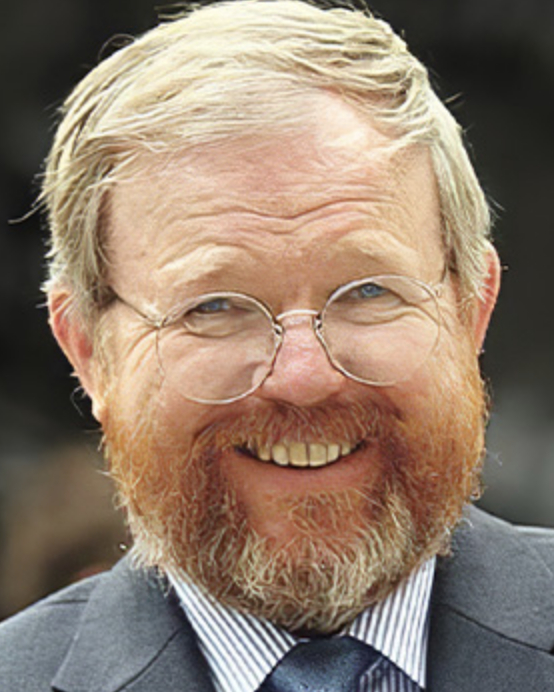On this date in 1951, author William McGuire Bryson was born in Des Moines, Iowa, to Bill and Mary (née McGuire) Bryson, who were both journalists. He attended Drake University for two years before dropping out in 1972 and backpacking abroad, which he would write about in Neither Here nor There: Travels in Europe (1992).
While working at a British psychiatric hospital, he met a nurse named Cynthia Billen, whom he married in 1975. After moving back to Des Moines so he could finish his college degree, they returned to England. They have four children: David, Felicity, Catherine and Samuel.
Bryson worked as a journalist for the Bournemouth Evening Echo, the Times of London and The Independent. In 2005 he was appointed Durham University chancellor, succeeding the late Sir Peter Ustinov and serving until 2012. He holds dual U.S. and British citizenship.
Bryson’s freethinking and often humorous A Short History of Practically Everything (2003) explored the sciences, past and present. It won the 2004 Aventis Prize for best general science book and the 2005 EU Descartes Prize for science communication.
In A Walk in the Woods (1997), he told about reading a Tennessee newspaper about how the legislature was in the process of passing a bill forbidding schools from teaching evolution. He recalled the 1925 Scopes “monkey trial” and wrote: “And now the state was about to bring the law back, proving conclusively that the danger for Tennesseans isn’t so much that they may be descended from apes as overtaken by them.”
“I’m not a spiritual person, and the things I’ve done haven’t made me one,” he told The Guardian in March 2005, while allowing that “conventional science and a belief in god are absolutely not incompatible.”
He was elected an Honorary Fellow of the Royal Society in 2013, becoming the first non-Briton upon whom the honor was bestowed. His latest book as of this writing, The Body: A Guide for Occupants (2019) aims to foster an understanding of the physical and neurological processes that make up Homo sapiens.


